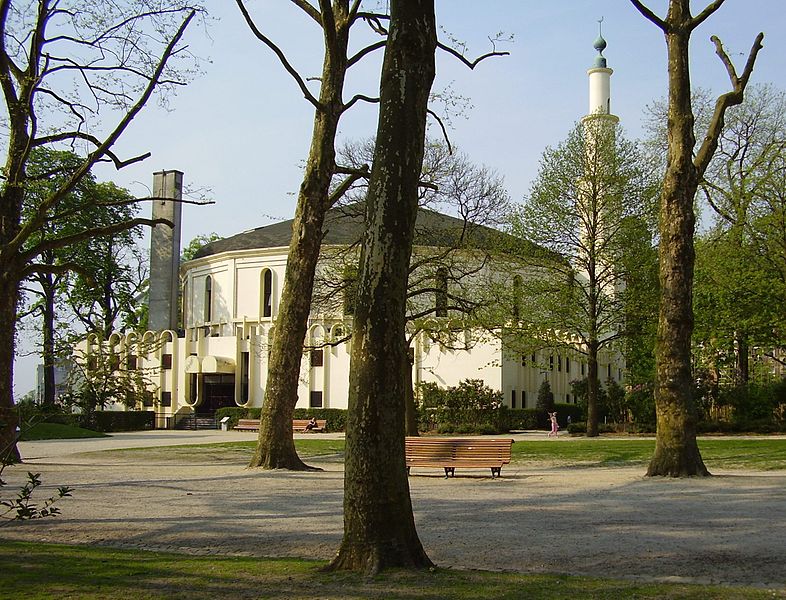
Five Turkish imams, who have lived in Belgium for the past four years, are at risk of losing their jobs and facing expulsion after their work permits were not renewed under new
Flemish regulations aimed at limiting foreign influence. These rules, introduced to curb economic migrants from receiving funding from foreign governments, have directly impacted the imams, who are funded by the Turkish state.
The imams, serving in mosques in Antwerp, Sint-Niklaas, Ghent, Diest, and Lommel, are employed through the Turkish Diyanet network. Despite Turkish authorities submitting their work permit renewal applications on 5 September, the Flemish government denied them after a review revealed the imams were receiving financial support from Turkey.
Since 1 May 2024, new regulations in Flanders prohibit foreign-funded economic migrants from continuing their work, with a particular focus on religious leaders such as these imams, who are regarded as civil servants of the Turkish government.
This policy change reflects a growing concern among European governments over potential threats posed by foreign interference in domestic affairs.
"This Is About Foreign Government Funding"
Flemish Minister Zuhal Demir of the N-VA party defended the decision to deny the renewals, emphasizing the need to address foreign funding of civil servants: "This is about funding from a foreign government. We cannot turn a blind eye."
The imams now have three months to secure new employment. If they are unable to do so, they face the possibility of expulsion, as Belgian immigration rules dictate that a lapsed work permit automatically leads to the revocation of a residence permit.
The imams have the right to appeal the decision to the Council of State within 60 days.
In 2023, Flanders received 66 work permit applications from recognized religious leaders, with 48 being approved. So far in 2024, 36 of 51 applications have been granted. This new regulation marks a significant shift in the region's approach to foreign-funded religious leaders.



































